Emma Jagoz is a first-generation farmer, and the founder of Moon Valley Farm—a community-based farm in Woodsboro, Maryland. Since July, Moon Valley Farm and The Farmlink Project have worked together to bring almost five thousand pounds of fresh cucumbers, beets, watermelons, onions, squash, peppers, and more to the nearby Piscataway Tribe. “It was a no brainer,” Emma says about the collaboration. “It was something that just worked for many reasons—we had extra produce, and I loved the idea of getting it into the hands of the Tribe Members.”
Emma founded Moon Valley Farm in 2011 with the mission of providing bountiful nutritious food to the Mid-Atlantic community. She’s done so while raising two kids, who she hopes find as much purpose and meaning in the process as she does. The farm, which started with twelve Community Supported Agriculture (CSA) members and a quarter acre under cultivation, has since grown to serve 500 members and over 50 local restaurants on 25 acres of land.
Through every step of that growth, Emma and the Moon Valley Farm team have stayed true to their commitment to stewarding the land responsibly. “It’s so important for us as humans to treat our soil with respect, and recognize that it’s an integral part of our health in many ways,” she says. “It feels especially crucial around the Chesapeake Bay, as any chemicals we would put into the soil would go directly into that waterway.” All of their crops—from giant purple turnips to fiery red peppers—are grown using organic and regenerative methods.
To Emma, sustainable farming goes beyond the field. “Organic growth also entails supporting local producers, watching our ecological footprint, and making sure the local community is fed,” she says. In March, when grocery store shelves grew barren and local families didn’t feel safe going out to shop, Moon Valley Farm started offering CSA shares—a subscription for weekly produce boxes—several weeks earlier than usual. “Even though there wasn’t all that much fresh food, we still had carrots and sweet potatoes growing,” Emma says. “We also partner with several farms to increase our winter offerings, so we had things like mushrooms and beans to offer to our members.” The farm started selling à la carte shares and home delivery as well for anyone who needed it.
Though the threat of restaurants closing down and losing wholesale customers was present early on, Moon Valley Farm CSA memberships skyrocketed as the area went into lockdown. “We had 250 CSA members last year and in just about a week in March, we doubled to 500,” Emma says. “We’ve continued delivering to restaurants throughout the entire pandemic—some that we sell to commit their business models to feed hospital workers or to make lunches for essential workers, so we continued to provide food to any partners who needed it.”
Emma’s goal for Moon Valley Farm is to be able to provide her community with an abundance of nutrient dense food every day of the year. Though 2020 has posed formidable challenges and plenty of uncertainty, the flexibility and unwavering commitment of the Moon Valley Farm team have taken it as an opportunity to make an even more meaningful impact.
< Back
Emma Jagoz is a first-generation farmer, and the founder of Moon Valley Farm—a community-based farm in Woodsboro, Maryland. Since July, Moon Valley Farm and The Farmlink Project have worked together to bring almost five thousand pounds of fresh cucumbers, beets, watermelons, onions, squash, peppers, and more to the nearby Piscataway Tribe. “It was a no brainer,” Emma says about the collaboration. “It was something that just worked for many reasons—we had extra produce, and I loved the idea of getting it into the hands of the Tribe Members.”
Emma founded Moon Valley Farm in 2011 with the mission of providing bountiful nutritious food to the Mid-Atlantic community. She’s done so while raising two kids, who she hopes find as much purpose and meaning in the process as she does. The farm, which started with twelve Community Supported Agriculture (CSA) members and a quarter acre under cultivation, has since grown to serve 500 members and over 50 local restaurants on 25 acres of land.
Through every step of that growth, Emma and the Moon Valley Farm team have stayed true to their commitment to stewarding the land responsibly. “It’s so important for us as humans to treat our soil with respect, and recognize that it’s an integral part of our health in many ways,” she says. “It feels especially crucial around the Chesapeake Bay, as any chemicals we would put into the soil would go directly into that waterway.” All of their crops—from giant purple turnips to fiery red peppers—are grown using organic and regenerative methods.
To Emma, sustainable farming goes beyond the field. “Organic growth also entails supporting local producers, watching our ecological footprint, and making sure the local community is fed,” she says. In March, when grocery store shelves grew barren and local families didn’t feel safe going out to shop, Moon Valley Farm started offering CSA shares—a subscription for weekly produce boxes—several weeks earlier than usual. “Even though there wasn’t all that much fresh food, we still had carrots and sweet potatoes growing,” Emma says. “We also partner with several farms to increase our winter offerings, so we had things like mushrooms and beans to offer to our members.” The farm started selling à la carte shares and home delivery as well for anyone who needed it.
Though the threat of restaurants closing down and losing wholesale customers was present early on, Moon Valley Farm CSA memberships skyrocketed as the area went into lockdown. “We had 250 CSA members last year and in just about a week in March, we doubled to 500,” Emma says. “We’ve continued delivering to restaurants throughout the entire pandemic—some that we sell to commit their business models to feed hospital workers or to make lunches for essential workers, so we continued to provide food to any partners who needed it.”
Emma’s goal for Moon Valley Farm is to be able to provide her community with an abundance of nutrient dense food every day of the year. Though 2020 has posed formidable challenges and plenty of uncertainty, the flexibility and unwavering commitment of the Moon Valley Farm team have taken it as an opportunity to make an even more meaningful impact.
Emma Jagoz
Founder of Moon Valley Farm
Emma Jagoz is a first-generation farmer, and the founder of Moon Valley Farm—a community-based farm in Woodsboro, Maryland. Since July, Moon Valley Farm and The Farmlink Project have worked together to bring almost five thousand pounds of fresh cucumbers, beets, watermelons, onions, squash, peppers, and more to the nearby Piscataway Tribe. “It was a no brainer,” Emma says about the collaboration. “It was something that just worked for many reasons—we had extra produce, and I loved the idea of getting it into the hands of the Tribe Members.”
Emma founded Moon Valley Farm in 2011 with the mission of providing bountiful nutritious food to the Mid-Atlantic community. She’s done so while raising two kids, who she hopes find as much purpose and meaning in the process as she does. The farm, which started with twelve Community Supported Agriculture (CSA) members and a quarter acre under cultivation, has since grown to serve 500 members and over 50 local restaurants on 25 acres of land.
Through every step of that growth, Emma and the Moon Valley Farm team have stayed true to their commitment to stewarding the land responsibly. “It’s so important for us as humans to treat our soil with respect, and recognize that it’s an integral part of our health in many ways,” she says. “It feels especially crucial around the Chesapeake Bay, as any chemicals we would put into the soil would go directly into that waterway.” All of their crops—from giant purple turnips to fiery red peppers—are grown using organic and regenerative methods.
To Emma, sustainable farming goes beyond the field. “Organic growth also entails supporting local producers, watching our ecological footprint, and making sure the local community is fed,” she says. In March, when grocery store shelves grew barren and local families didn’t feel safe going out to shop, Moon Valley Farm started offering CSA shares—a subscription for weekly produce boxes—several weeks earlier than usual. “Even though there wasn’t all that much fresh food, we still had carrots and sweet potatoes growing,” Emma says. “We also partner with several farms to increase our winter offerings, so we had things like mushrooms and beans to offer to our members.” The farm started selling à la carte shares and home delivery as well for anyone who needed it.
Though the threat of restaurants closing down and losing wholesale customers was present early on, Moon Valley Farm CSA memberships skyrocketed as the area went into lockdown. “We had 250 CSA members last year and in just about a week in March, we doubled to 500,” Emma says. “We’ve continued delivering to restaurants throughout the entire pandemic—some that we sell to commit their business models to feed hospital workers or to make lunches for essential workers, so we continued to provide food to any partners who needed it.”
Emma’s goal for Moon Valley Farm is to be able to provide her community with an abundance of nutrient dense food every day of the year. Though 2020 has posed formidable challenges and plenty of uncertainty, the flexibility and unwavering commitment of the Moon Valley Farm team have taken it as an opportunity to make an even more meaningful impact.
.png)
.png)
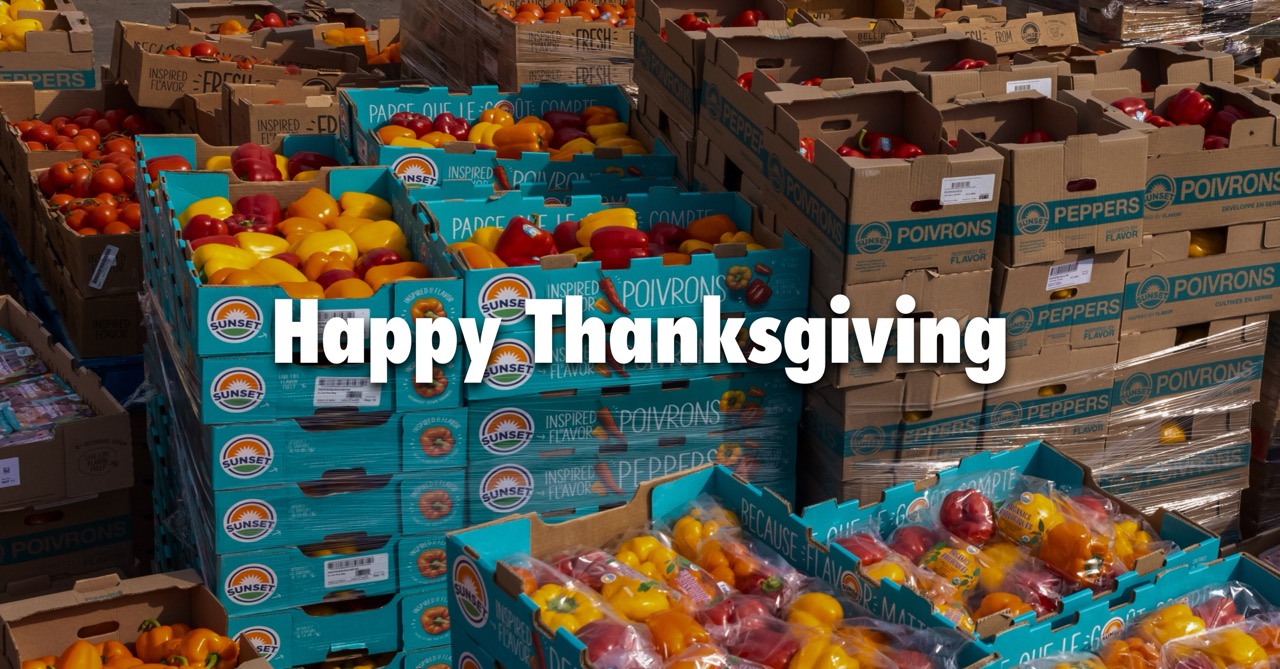
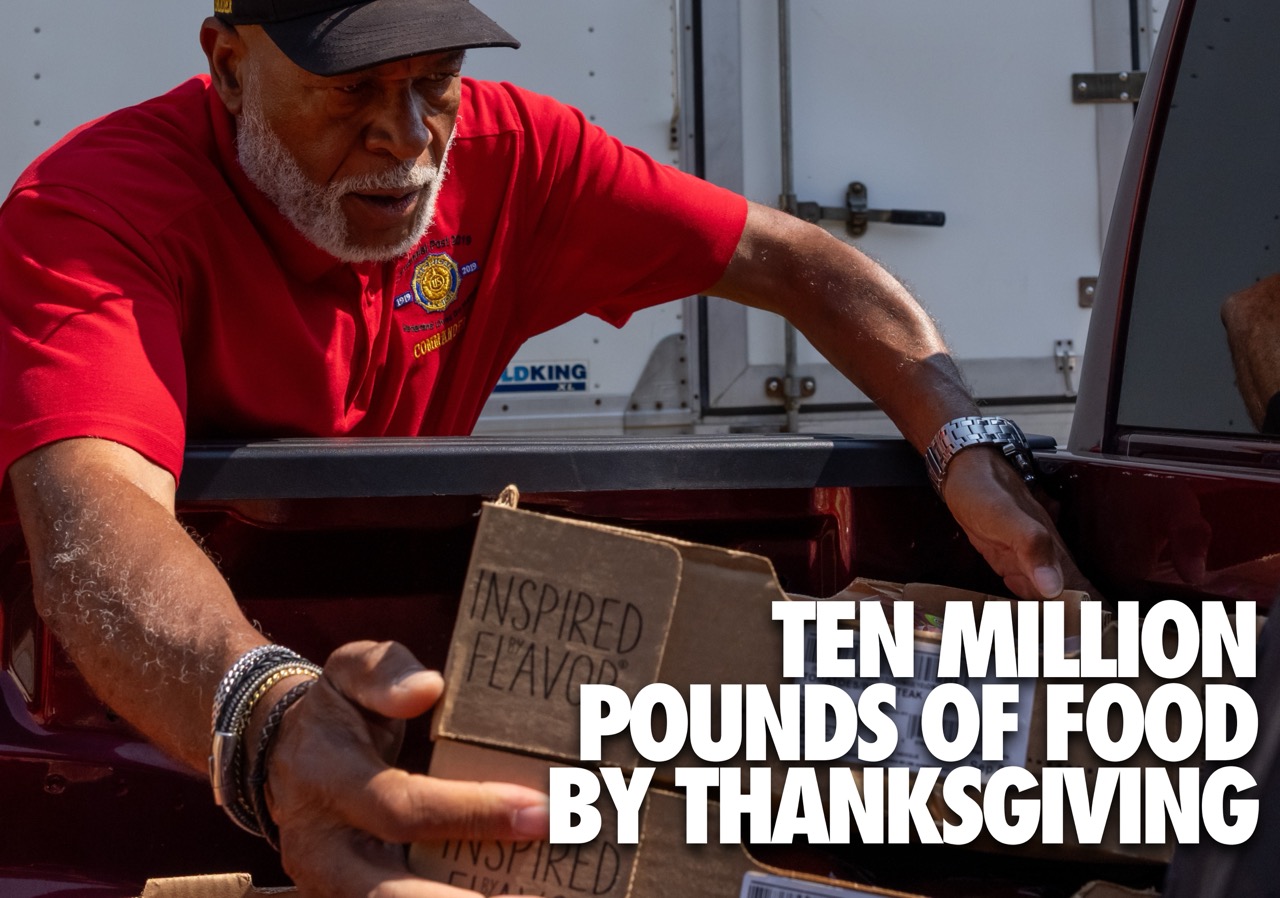
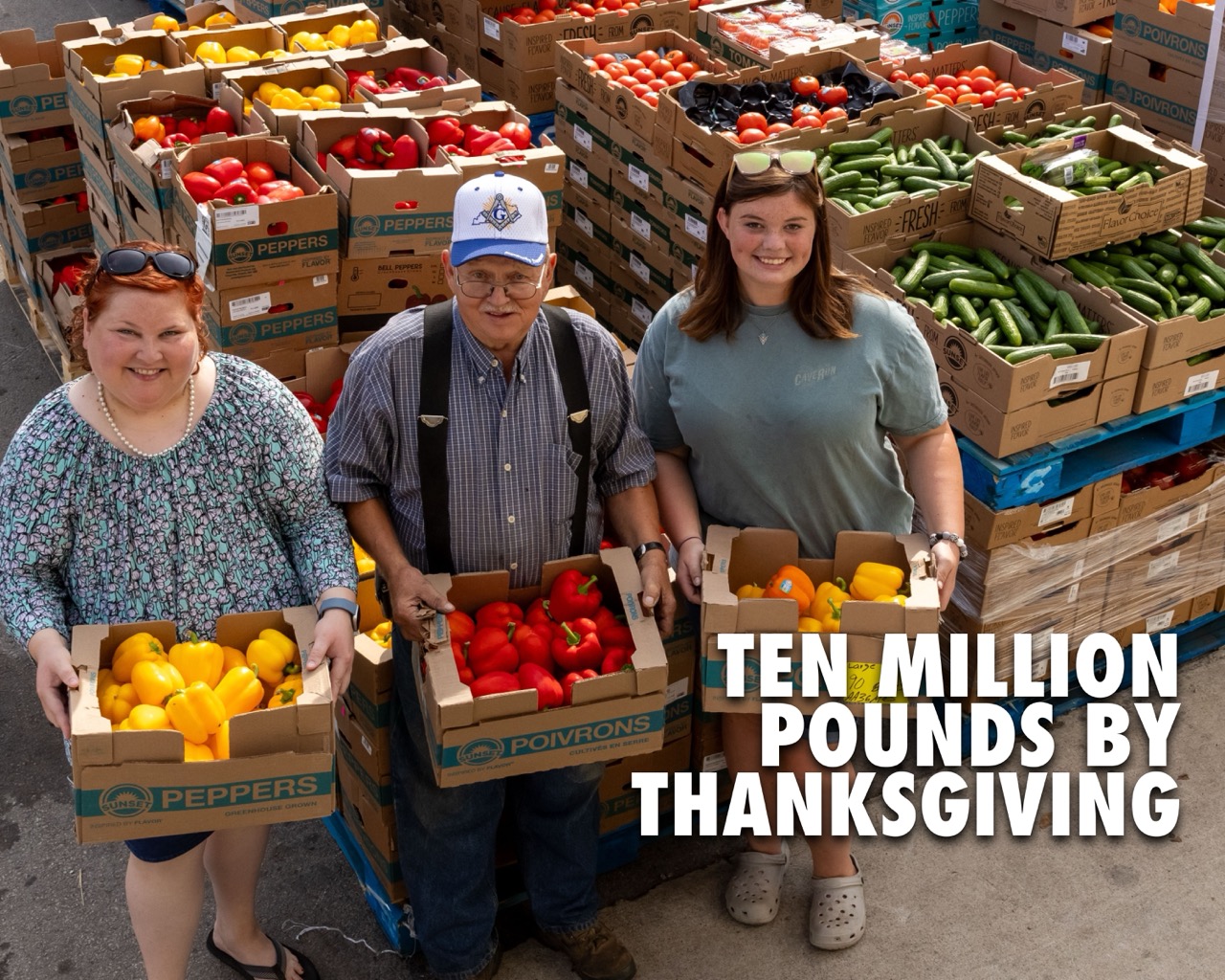
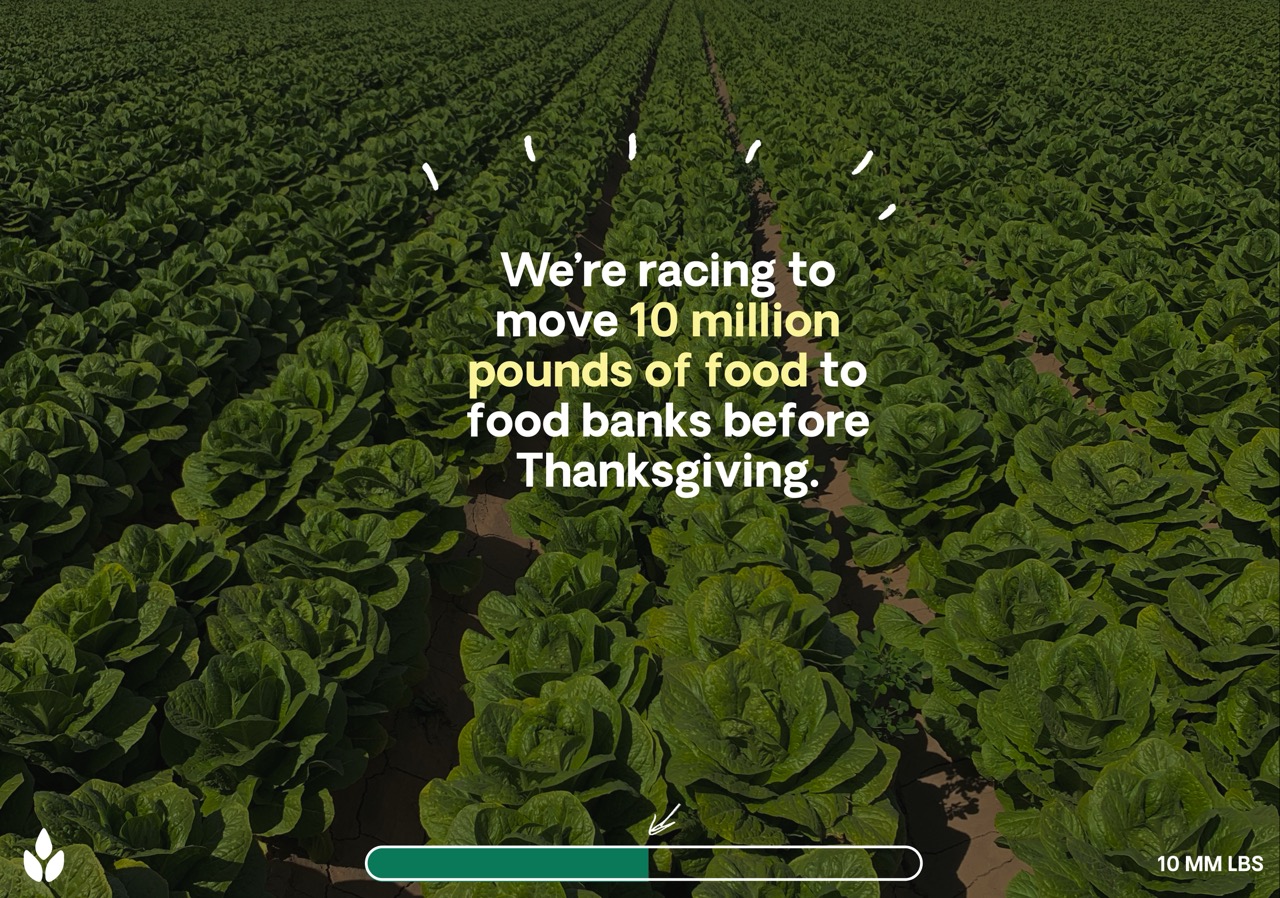
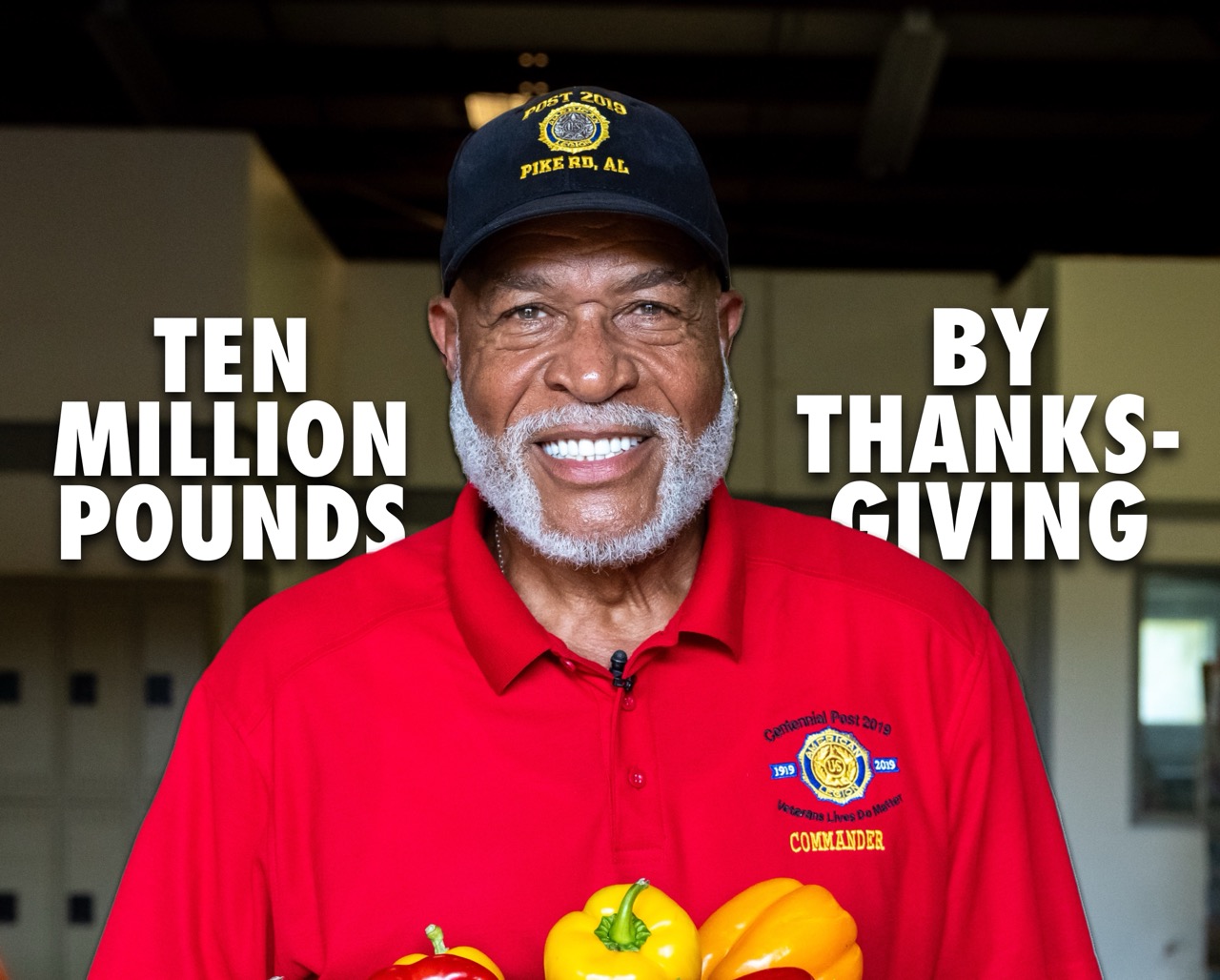
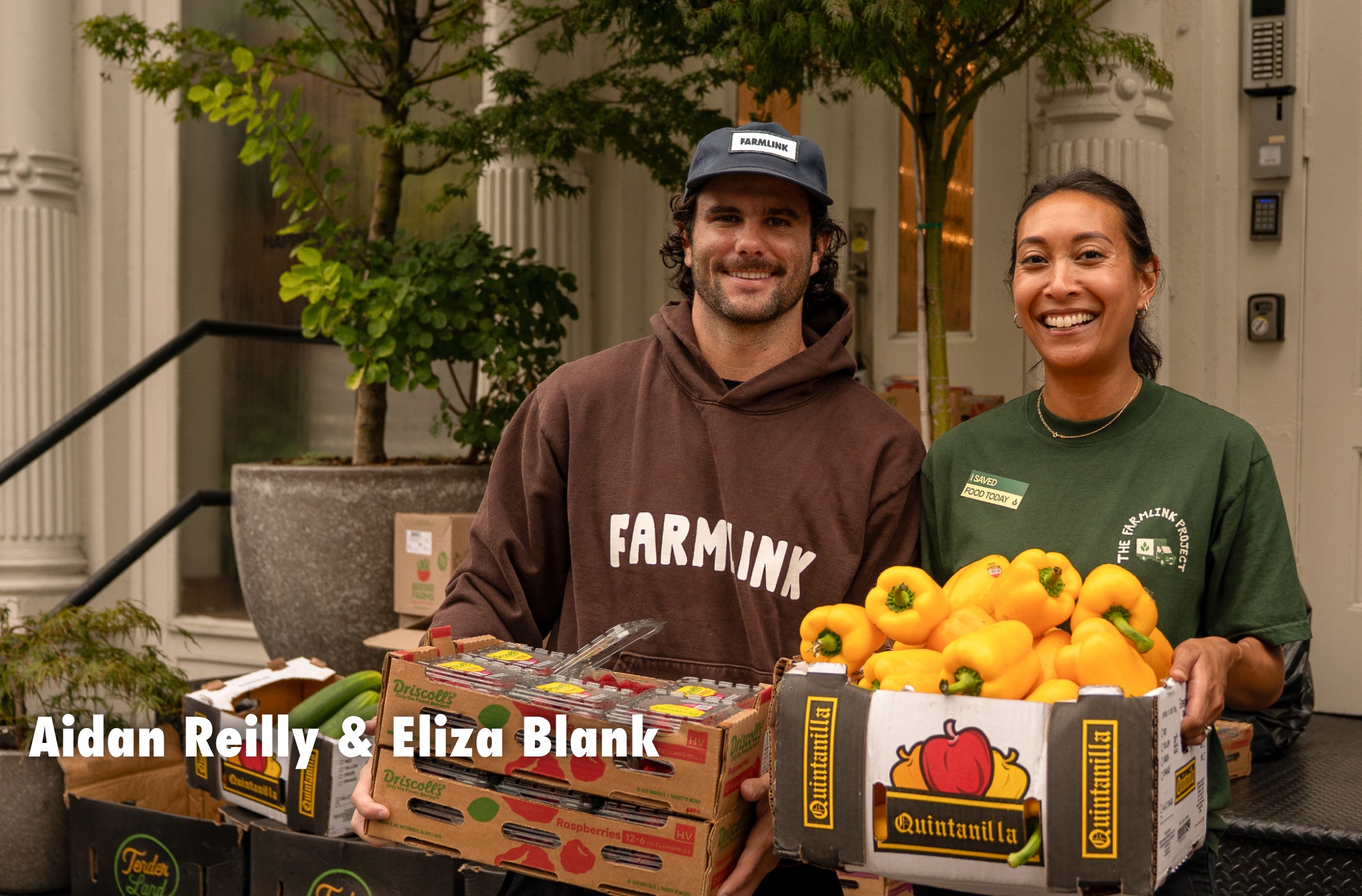
.svg)
.svg)
.svg)